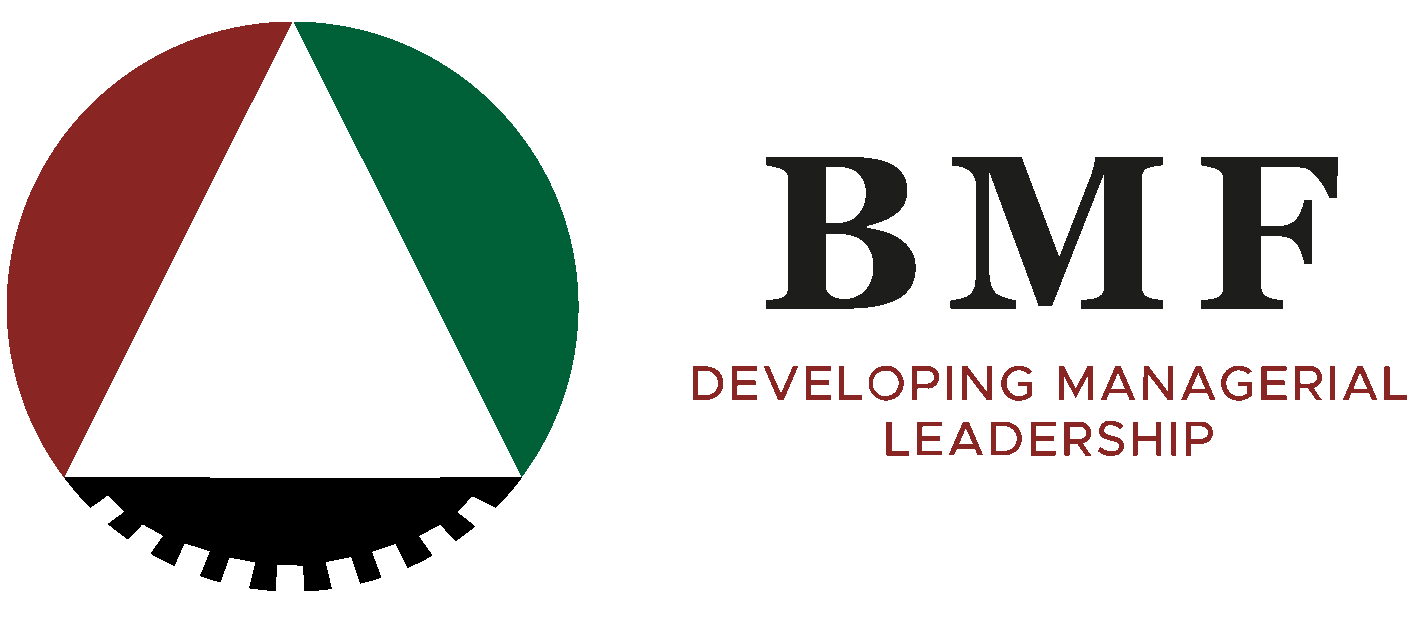With the ever-growing amount of cases involving unethical practices and corruption in various sectors of the country, it becomes increasingly important for businesses and leaders to re-examine the leadership style needed to realign processes with the principles of good governance.
These may be articulated in terms of how the United Nations would measure Good Governance, i.e. Participation, Rule of Law, Transparency, Responsiveness, Consensus-oriented, Equity, Inclusiveness, and Accountability, where Participation speaks to engagement from all levels in the organisation or society at a larger scale. Rule of law and Transparency refer to the manner in which decisions are made, and information is shared. Consensus-oriented would focus on understanding the diverse nature and expectations of the whole.
While it is safe to say, there can never be a blanket solution when it comes to leadership styles, success, or good governance, and it is important to recognise elements that will foster good governance, among other things.
Leaders need to understand the concept and the building blocks of ubuntu. With increasing calls for the adoption of African solutions to solve African problems, regardless of some players operating on a global scale, the elements of Ubuntu should form the foundation of good governance in the African context.
For Leaders, Ubuntu is a call not only to serve and participate but also to be connected to others. This fosters a spirit of humanness that drives the philosophy of tolerance and compassion with outcomes such as value creation. Author in ethics and African Philosophy, Fainos Mangena, in Ubuntu in the Traditional thought of Southern Africa, is of the idea that every action should be for the greater good of the community as a whole This type of leadership focuses on the notion of interconnectedness. One that drives collective ownership of opportunities and the responsibilities and challenges within a given ecosystem. While Ubuntu is regarded as an African concept, it is important to note that it remains grounded in non-racialism and/or tribalism, where people are treated as human beings and the sense of community is strong.
Many will ask how one can then leverage these philosophies into a leadership style that embraces an ethical core and good governance. By understanding Ubuntu as a leadership framework, leaders can practice Ubuntu behaviour which will lead to respect for the work environment, the community, the state as well as the nation. This seemingly simple notion of doing good and being good tends to compel those in positions of power to drive an agenda of holistic upliftment. This type of leadership is meant to drive broader socio-economic transformation that manifests even beyond the organisation. On a broader scale, it should drive transformational change towards a just and equitable society.
Through Ubuntu, leaders can create interdependence within the work ecosystem. This form of interdependence can be used as a check and balance mechanism within the organisation.
It lays the foundation for accountability in the organization, which ultimately translates to ethical business conduct and general good governance. It is through Interdependence and collectivism that leaders can build on governance as well as empowering the ecosystem in which they operate. The ubuntu concept as it relates to African culture is also built on the concept that the survival of the individual or manager will therefore be relative to the survival or existence of the whole group. This belief that a person can only be through others ( Umuntu ngumuntu ngabantu ) is important as a driver through which ethics can be built upon and fundamentally drive good governance and effective leadership.
This, among other factors, may be in the form of an empowering environment where opportunities exist, with a sense of belonging exists as well as sustainability security will drive capacity for good governance
As a Leader, the participatory nature of Ubuntu as it relates to the ecosystem aligns itself naturally with the components of good governance such as inclusivity, equity accountability, as well as the philosophy of being consensus-oriented. Ubuntu creates a sense of belonging and a sense of ownership for community and organisation. Certain frameworks that are substantiated by research, such as the Social identity theory, will put forward that inclusion is vital for the success of groups.
Leaders can create success by tapping into the humanness aspect that brings a sense of caring. They can drive a sense of ownership aspect within the space they operate. This can help them mould an environment driven by ethical behaviour and good governance. Transparency may be seen as a cornerstone of Ubuntu that leaders can use to speak to ethics and governance. This speaks to the flow of information, which is vital for the organisation to function and through which trust is built. It may be argued that disseminating information helps build a culture of high morale and productivity. By drawing from Ubuntu, Leaders will therefore draw on aspects of accountability, legitimacy, competence, equity, and respect.
Accountability will be attained by drawing from Ubuntu elements such as transparency in processes and vision, accountability and accessibility of information.
Equity will be attained through drawing on the fundamental basics of Ubuntu in the form of appreciating human rights. Respect and competency are elements every leader should strive for, and these can be drawn from Ubuntu principles of effective delivery and focusing on the core of humanness. Legitimacy will be achieved through implementing elements of Ubuntu such as continuous empowerment, participation and ownership. These aspects can therefore be used by a leader in driving a style of leadership where governance comes naturally.
For Leaders of any kind, political, business, corporate, or community, just to mention a few, Ubuntu is an African solution that can be applied as a step toward building well-governed organisations and institutions.

ABOUT THE AUTHOR
Thulani Dube is the Faculty Programmes Coordinator and Business Studies Department Lead at cornerstone Institute, serves on the National BMF Editorial Committee, is a Board member at the Sign Language Education and Development (SLED), and is a volunteer at Autism Western Cape.
Thulani holds a Master’s in Business Administration (MBA) from the University of Nicosia, an Honours degree in Business Management from the University of South Africa (UNISA), and a Bachelor of Commerce Degree in Human Resources Management.







